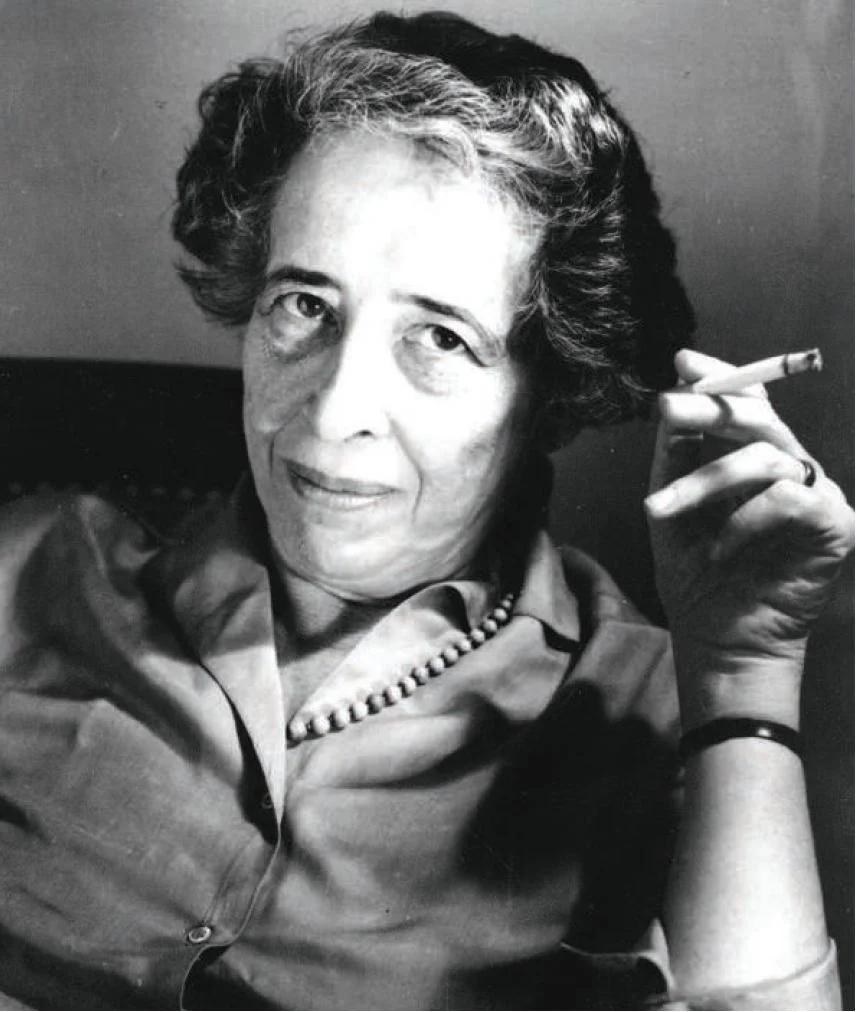The Power of Shame: Public Intervention and Nineteenth-Century Refugee Relief
In early March 1851, a ship docked at the harbor in Liverpool laden with Polish refugees. These men, for they were mostly men, had been soldiers in the failed Hungarian Revolution. Chased from the Austro-Hungarian Empire, they made their way west in search of asylum. Another generation of Polish refugees had made that trek before. As noblemen and romantic nationalist revolutionaries, they had garnered the support, emotional and financial, of the British elite. Since the 1830s, Parliament had voted generous grants to be distributed as relief among the rank-and-file of the refugee Poles. Arriving in Liverpool in March 1851, the Polish “democrats,” as they were styled, received a less jubilant welcome from local officials. Through a translator, one well-meaning official explained that his countrymen “would cheerfully give them employment if they had the means, but they had not.” His “own people find it difficult to find a means of supporting life.”[1] Much to the chagrin of northern Chartists, better-heeled aristocratic refugees had been welcomed with open arms, whereas these “democratic” refugees were being pressured to continue their journey to America.
Speaking before an audience in Los Angeles in April 2016, then-UN Secretary General Ban Ki-Moon exclaimed: “refugees have a right to asylum, not bias and barbed wire.”[2] This proclaimed an aspiration, not a legal reality. Guaranteed only a right to an asylum-seeking process, would-be refugees are more often than not trapped in transit. The situation promises only to become worse, with officials tightening borders throughout Europe and public opinion souring on refugees.
Many refugee sympathizers share a sense that, to turn this tide, we need to secure refuge itself as a codified human right. While I would love to see this achieved, I want to sound a note of caution for those who see in the solemn imperatives of rights an end to the struggle of the persecuted for safe harbor. The 1905 Aliens Act, remembered more as the foundational moment for what is now a century-plus of restrictions on immigration, contained in it one of the first, robust, rights to asylum. While restricting immigration for the destitute, the Act exempted “bona fide” refugees who faced imminent danger to life or limb due to political or religious persecution. The codified right or asylum, in many respects a culmination of the century of refugee relief that proceeded it, made refuge into the bureaucratic process with which we are now familiar. Thenceforward, the right would be policed by officials and shipmasters, away from the public eye.
What was lost in this early twentieth-century transition was a robust practice of public engagement with persecuted foreigners and advocacy on their behalf that had defined British-refugee relations for more than a hundred years. The official who boarded the Polish refugees’ boats in March 1851 and suggested that they continue their journey to another more economically favorable destinations had no legal grounds for preventing their disembarkation, since Britain had no routine border controls. Still, his active discouragement of the arriving refugees produced a public backlash. This backlash merits our attention, offering a critical reminder of the power of public engagement in refugee relief. .Disappointed with the official response to these refugees, Chartist William Linton asserted that the responsibility for welcoming these newcomers “devolves legitimately upon the working classes, in Liverpool and throughout the country.” The working classes would have “to discharge that duty towards these homeless and friendless exiles, that should have been performed by the representatives of English power and authority.” Shaming the establishment, Chartists would undertake a refuge scheme that distributed the Polish refugees to hosts across the country.[3] They instructed Chartist-sympathizing hosts not only to provide emergency relief, but also job training and English language lessons to the Polish arrivals. Proud of their work in this crisis, concerned Britons in Newcastle, for example, remained active in refugee support for decades to come.
The Poles of 1851 were not only beneficiaries of activist outreach. Indeed, nearly every refugee-producing foreign crisis of the nineteenth century elicited sympathy in the British press. This sentiment most often led to the formation of a committee of concerned citizens, most chaired by notables like the Baroness Angela Burdett Coutts, Lord Shaftesbury, or Charles Dickens. Expressing outrage at persecution overseas, the most immediate intervention the committees could provide came in the form of refugee relief. As I have written elsewhere, their campaigns could effectively counter even the deepest-set national prejudices against those of different and seemingly dangerous faiths.
The broad-based public pride in a distinctively British refuge for persecuted foreigners became a social force to be reckoned with during this era. Britain was the refuge provider par excellence in a world in which despotism still reigned on the continent and slavery marred American democracy. Refugees as different as communists, liberal and democratic nationalists, anarchists, American slaves, and Eastern European Jews found safe harbor in Britain and its empire. The reception these refugees received was not perfect; economic survival could be difficult and, while welcome by many, refugees certainly faced xenophobic attacks as well.
Despite these challenges, the actions of British refuge activists were rooted in a vision of a more perfect – or at least more humane – future, a vision that was at once outward-looking and internally self-critical. William Linton led the People’s International League in the 1840s, befriending Continental refugees whose interest in democratic socialism influenced his hopes for the British working classes as well. While socialism did not appeal to all Britons, the political bent of some refugees did not (during the mid-19th century, at least) dilute media sympathy for them. In 1851, radical newspapers situated refugee relief within a broader tableau, fanning support based on a combination of anti-Austrian and anti-Russian sentiment, concern for nationalist revolutionaries, and a critique of a short-sighted liberal ethos that protected some, but not all who fought in the same cause. This call to action mobilized support to provide material aid on behalf of the Polish refugees’. For other individual refugees and refugee groups in the nineteenth century, similar appeals won sympathy from mainstream, and even conservative, judges, juries, and government officials alike. While refugees would not appear in British law until the 1870 extradition act (then under the rubric of the political offender who was to be exempted from extradition), the courts, Parliament, and members of vastly different administrations routinely intervened on behalf of refugees. A broad consensus in British society held that succor for the persecuted was least the country could do in a world where humanitarian intervention to end oppression outright was usually impossible, undesirable, or ineffective.
The point I want to make is that public mobilization around the refugees’ cause made assistance to refugees a powerful and dynamic social movement in nineteenth-century British political culture. We can take our cue from this past. The legalization and bureaucratization of an asylum-seeking process can make it seem like we are merely discharging duties placed on us by international conventions. When responsibility is assigned to bureaucrats, its exercise can come to seem remote and routine. We do not live in a world where we can afford to make these assumptions. Of course, the past was not a golden age; Britain’s national pride undergirded imperial expansion at the same time that it invigorated the defense of refugees. But pride in moral leadership is the best possible use for the human craving for prestige. Britons have a uniquely praiseworthy history with refugees of all backgrounds, religions, races and political creeds; it is a special relationship that made the nation a global leader in the nineteenth century and can once more.
Footnotes:
[1] “Polish Refugees in Liverpool,” Weekly Dispatch, March 3, 1851, p. 7.
[2]Ban Ki-Moon, “Secretary-General's address to the Los Angeles World Affairs Council [as prepared for delivery],” Los Angeles, California, 5 April 2016, www.un.org/sg/statements/index.asp?nid=9589.
[3]“An example for the authorities,” Refugee Circular, April 16, 1851, p. 3; Caroline Shaw, Britannia’s Embrace: Liberal Humanitarianism and the Imperial Origins of Refugee Relief, (New York: Oxford University Press, 2015), pp. 106-108; see also, John Belchem, “Britishness, Asylum-Seekers and the Northern Working Class: 1851,” Northern History, 39:1 (2002, 59-74),



